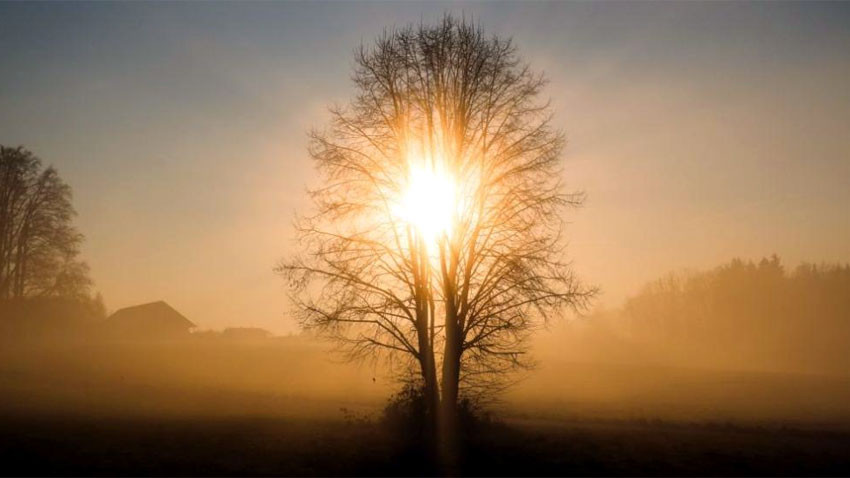
In Bulgarian folk traditions the night before Christmas is known by several names. Of course, we usually call it Christmas Eve, and most of the traditions and rituals are well known. But few people know that in Sofia, northern Bulgaria and other regions of our country, as well as in some former Bulgarian territories, people used to call it Little Christmas. In folk traditions the labor of God's mother started on Ignazhden and the Young God was born on Little Christmas but the people learned the good news on the next day – December 25. This is related to folk traditions that when a woman becomes mother for the first time, the news of the childbirth is not spread immediately. People used to wait for the next day to come as it is believed that this way mother and child will be protected from evil forces that are strong in the early hours after childbirth and during the night. That is why in the past this day was mainly devoted to children and young brides. A custom existed involving boys aged between 8 and 12 years, who left early in the morning in small groups and by lunchtime, visited the homes of friends and relatives. These boys should not be confused with the male groups of “koledari” who would start their visits at midnight on Christmas Eve.

Keeping the flame "alive" overnight is a remnant of the solar cult spread on our lands long before the establishment of the Bulgarian state. It was part of the pagan religion of the Slavic tribes, as well as the Thracian and Proto-Bulgarian tribes that inhabited the territory of present-day Bulgaria. With the establishment of the Christian religion, the biggest holiday called Bozhik and linked to the winter solstice was transformed into Christmas. It is known that in 334, Pope Liberius proclaimed December25 for the day when the birth of Christ would be celebrated. Traces of the cult of the sun are found in countless folk rituals.

One of the symbols of the sun, earth and vital power is the circle. The ritual dinner on Christmas Eve was once arranged on the floor and people sat around, forming a circle. In the morning after Christmas Eve, people used to feed hens with wheat, placing it in circle formed by a rope - a magic to protect the animals. From the straw on which they sat on Christmas Eve, they made small wreaths and tied them to fruit trees, hoping for a fruitful year. The circle is considered to be a defense against evil forces and illnesses, creating a barrier between order and chaos... According to ancient folk concepts, reflected in myths, legends and embroidery, the newborn sun descends from the sky on the branches of the World Tree to transform earthly life with its life-giving power.

The image of the Young Sun was later transformed into the Young God -Christ who was born on Christmas. According to folk tales and songs, the Virgin Mary told the angels who helped at birth to take a golden flask, fill it with wine and invite a saint to become godfather of the child. The angels first went to the sea, where St. Nicholas was fighting with storms. Angels told him the reason of the visit and he said: “Young God burns like fire and I am like dry straw in front of him.” The angels then went to St. Basil, but he also refused. Finally they went to John the Baptist who gladly agreed and went to see the child. He picked the Young God with his right hand, holding a cross in the left and took him to the Jordan River. When he put the child in the water the river banks turned to silver and the river bottom turned to gold.
English: Alexander Markov
Photos: BTA and archiveThere are no data regarding the exact number of Bulgarian dance ensembles operating abroad. But there is one thing that is certain – they are amateur groups scattered across all continents, acting as a bridge between Bulgaria and the rest of the..
Bulgaria's Pernik will host the 44th annual meeting of the Federation of European Carnival Cities , which is opening today , the municipal administration announced. More than 100 delegates from 20 countries are expected to elect a new president and new..
Eight days before Easter, we celebrate Lazarus Saturday (St. Lazarus Day). It is the first of the three major Christian feasts associated with the miracle of the Resurrection and is followed by Palm Sunday and Easter. St. Lazarus Day is celebrated..

+359 2 9336 661
